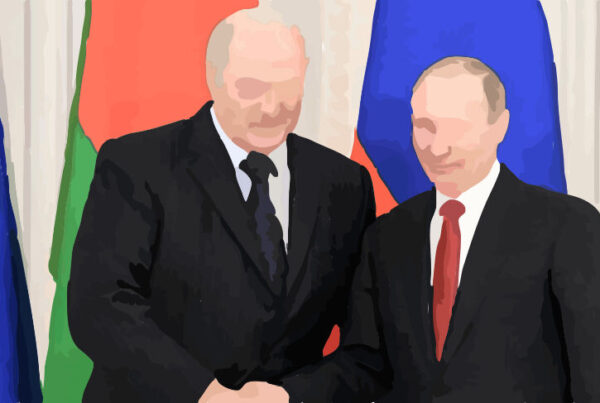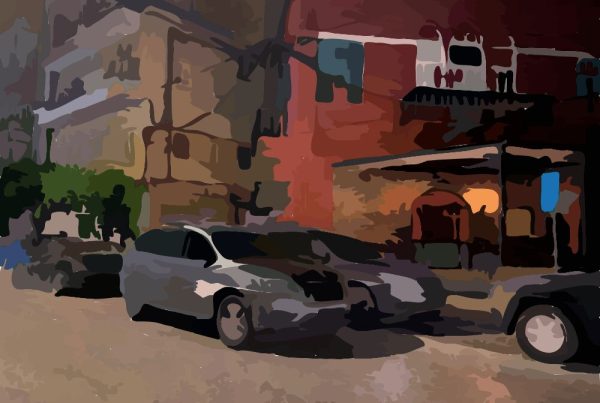Just 10 days ago a wave of optimism came from the African side of the Mediterranean, when the Tunisian imams’ union expressed a favourable opinion for the work of a commission charged with defining individual freedoms and equality. The commission has proposed a set of reforms that aim to make Tunisian society more secular, among other things by abolishing article 230 of the penal code, which provides incarceration for homosexual intercourse and imposes forced anal tests.
“Islam doesn’t condemn homosexuality”
The commission has proposed that a fine could be imposed on convicted homosexuals as a substitute for jail, but the proposal was the object of high-profile criticism a few days ago, when the anthropologist and Islam scholar Youssef Sedik argued in an interview with UltraSawt magazine that no form of punishment for homosexuality exists in the Quran, although it is disapproved of.
“I have heard some people who justify the proposal with the need to respect muslim sensibility. But what is muslim sensibility? We cannot talk about the sensibility of the majority of Muslims. On the contrary, when there is an overwhelming majority, it is they who must take the rights of a minority into consideration,” said Sedik.
The scholar, who considers the proposals of the commission “modest and timid,” says there is even “a certain benevolence” towards homosexual people in the Quran. There is indeed disapproval for the people of the prophet Lot, but nowhere does the text speak of punishment by Allah for homosexuals.
“A threat for the family and society”
The scholar’s open-minded views are unfortunately not shared by all sectors of Tunisian society. Some think the commission has gone far beyond the acceptable. The islamist party Ennahdha (Rebirth) considers some of the proposals as a “threat to the family and to social unity.” The media expect that the commission’s proposals, particularly those on hereditary parity and on the abolition of article 230 will have to face the negative vote of a party which, “despite what its leaders say, is still linked to the enforcement of sharia.”
Even stronger criticism has come from the preachers’ union, part of the Union Générale Tunisienne du Travail (UGTT, the Tunisian Workers’ Union), the country’s main trade union, which expressed an “unequivocal refusal” for the proposals put forward by the commission, arguing that “they contradict the islamic religion, undermine the organization of the family and of moral values and are against human instinct.”
Despite these attacks, other 34 organizations and associations from Tunisian civil society have expressed their appreciation for the work of the commission, which is considered to be in line with human rights standards and the modernization efforts of the Tunisian state, as well as with international conventions signed by the state and with the 2014 Constitution.
Michele Benini
translation by Alex
©2018 Il Grande Colibrì
photo: Miguel Discart (CC BY-SA 2.0)
Read also:




